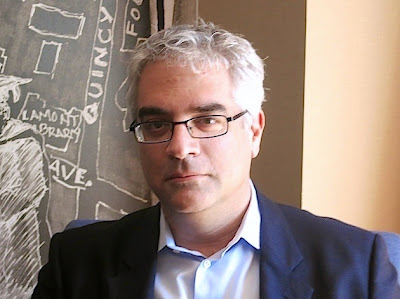Nassim Nicholas Taleb, the bestselling author of The Black Swan and one of the foremost thinkers of our time, reveals how to thrive in an uncertain world in his new book
Antifragile .
Just as human bones get stronger when subjected to stress and tension, and rumors or riots intensify when someone tries to repress them, many things in life benefit from stress, disorder, volatility, and turmoil. What Taleb has identified and calls “antifragile” is that category of things that not only gain from chaos but need it in order to survive and flourish.
Antifragile complements The Black Swan by celebrating systems that gain from disorder, trading away short-term predictability and micro-rationality for long-term success exploiting macro-unpredictability. It's a bold attitude, amply supported by argument and example from many fields. If anything, it is more outrageous and iconoclastic than The Black Swan. It is Taleb's most important book to date, as it closes the circle. On one level, the universe (at least as perceived by humans) is ruled by disorder, but on another level, the crucial elements are those that gain from disorder as eventually these are fitter for survival than any element, however strong, that requires order.
If you have read any of Taleb's other books, Antifragile is the best next one to read. If you have not read any, start with Fooled by Randomness .
According to The Telegraph, “ Antifragile has annoyed fans of Taleb’s earlier works because, in turning away from statistics, his thought has become baggier, bombastic and often preposterous. Nevertheless, his work exerts a strange pull. Taleb’s aim is both quixotic and ambitious: he wants to overleap the limits of epistemology and return to the founding drama of Ancient Greek philosophy. Taleb is incisive when he writes about the original Greek philosophers and their medieval Arab followers. Plato’s Republic begins with an attack on merchants and money lenders collectively known as krematistes: the moneymakers. Plato is the perfect example of a top-down, authoritarian state-planner and his attack on the riff-raff in trade is a decisive moment in philosophy. Taleb re-energises the debate by taking the moneymaker’s part. In his heart, he remains a barrow-boy challenging the philosopher kings in the same way that, as an options trader, he once took on the academic economists. His story is similar to many other members of the statistics revolution.” See review
here . And the HBR text
here .















